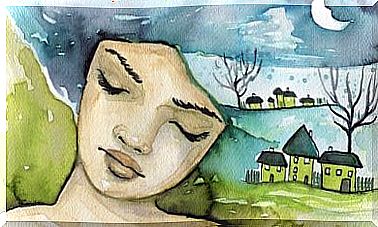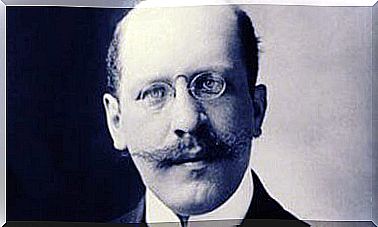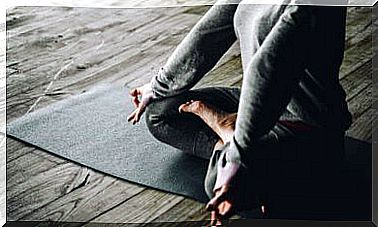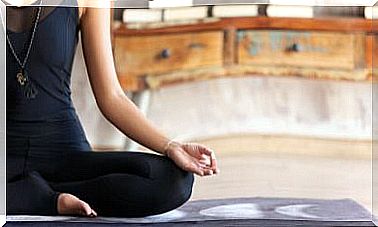How To Be A Conscientious Consumer?

Today, we are surrounded by both products and services and information – too much and without a filter. Many companies and all interested in creating “that product we cannot live without”, intelligent employees who dedicate all their efforts to trying to make a wish appear or be reinforced in us. Thus, in this very special context, we will talk about the importance of the conscious consumer.
Let’s start with the definition. Consumption, according to the Royal Academy of the Spanish Language, means ‘Said of society or civilization that is based on a system aimed at stimulating the production and use of goods that are not strictly necessary’.
Instead, according to this same academy, consciousness is ‘The ability of the human being to recognize the surrounding reality and to relate to it’.
Now, conscious consumption has to do with acquiring products or services that are in favor of sustainability. In addition, that they promote an election that is in tune with our responsibility regarding the impact we generate on the environment. This implies that we are considerate of others, the environment and ourselves.
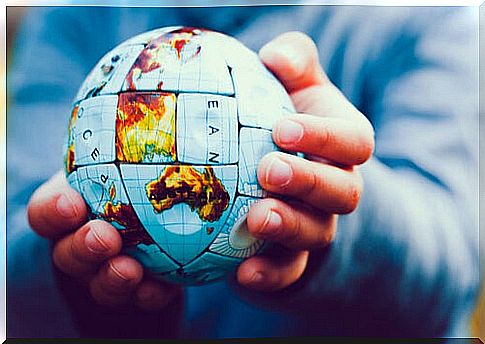
Conscious consumer, breaking barriers
Conscious consumption is an initiative that invites us not to be indifferent to what consumption can cause on nature and other beings. In addition, it promotes reflection on our investments, so that we can all become this type of consumer.
To become conscious consumers, we can broaden our awareness of our behavior, thoughts, and emotions. To do this, we do well to be in contact with the depths of our being: so we will know what options we choose and for what and why we do it. In this way, we could become more assertive in our consumption.
However, it is essential not only to emphasize ourselves, but also the impact that our consumption generates on nature and others. To do this, we can cultivate compassion and empathy; wonderful tools that promote healthy interaction with others.
It is also important that we consider the environment and not just immediate needs. To do this, we could ask ourselves, in what way can I contribute to reduce environmental unrest? We can start step by step, the important thing is to choose alternatives that destroy less and enhance well-being.
How do I digest the information?
Much of the current consumption is based on information strategies for us to buy or acquire certain services. Conscious consumption does not seek that we completely eliminate the use of services or the purchase of products, rather it invites us to choose what we really need and look for what best favors us all. To do this, we must also emphasize information.
A task of the conscientious consumer is to analyze if he is falling into informational obesity or if he really knows how to select the information he needs and manages it in real favor of his well-being. This does not mean that we see digital marketing as our worst enemy, rather that we use it to our advantage, adhering to limits.
It consists of taking into account that the conscious consumer knows the impact it generates. Thus, when consuming, we can ask ourselves: do I need this product? How does its production influence the environment?
As for information, it is also important to help others know about positive initiatives regarding investment and acquisition of assets. There are small tasks that we can all do and that we do not notice or are not informed about.
Values and beliefs
As Albert Vinyals i Ros reveals in his doctoral thesis, talking about sustainable consumption is well seen in a changing society in which there is more and more data that reinforces the existence of climate change. However, there seems to be a difference between what is said and what is done.
Studies tell us that the environment is one of the factors with the least weight on our list of determining factors when deciding. As a rule, they tend to weigh more variables such as price or aesthetics.
So it is important for consumption to take place in a conscious way, that we focus on values that facilitate our impact to be as positive as possible . Thus, we will promote well-being. Some values that help us to do this are:
- I respect.
- Authenticity.
- Altruism.
- Empathy.
- Ethics.
The conscious consumer knows what he is worth, therefore, he implements in his life what he really needs. In addition, he advises ethically and knows the power he has both to recommend and to buy. In addition, you buy and use services from responsible companies.
Motivation
When people perceive a benefit after an action, we feel reinforced and we are more likely to do it again. In fact, one factor that helps prevent us from being conscientious consumers is that there is a great incentive, convenience. So, to become one, it is essential to get out of our comfort zone.
For this, we need an intrinsic motivation; in other words, that it is in tune with the satisfaction of doing things to generate a positive impact. Thus, we can reach a transformative consumption.
Consumption habits
Habits are repetitive ways of behaving. Thus, in order to be conscious consumers, we must change them for more sustainable ones. To do this, they must be in tune with our emotions and our economy; otherwise we will not be able to keep them.
One way to change them is by putting laziness aside, since many times it leads us to procrastination, and we simply see how time passes and we still do not meet our objectives.
Also, we can turn to books or guides that help us to be in harmony with an environmental intelligence, for example, that of Daniel Goleman, which invites us to recognize the hidden impacts in what we buy or use.

Planning to be a conscious consumer
Good planning will help us to be conscientious consumers. It will help us set and follow priorities. On the other, our purchasing power and price are also an important factor. That includes not mortgaging our future.
Also, we could make an investment plan. Let us remember that conscious consumption not only has to do with the environment and with others, but also with us. To know if we are in it, we could ask ourselves: does what I consume favor me? To what extent does it harm or benefit my physical, emotional and social health?
In short, each of us can become a conscious consumer and help others to be. It is a benefit, for nature, others and us. Thus, we add steps for our own and collective well-being. Let’s improve the quality of life together taking into account our impact on the purchase and use of services!
